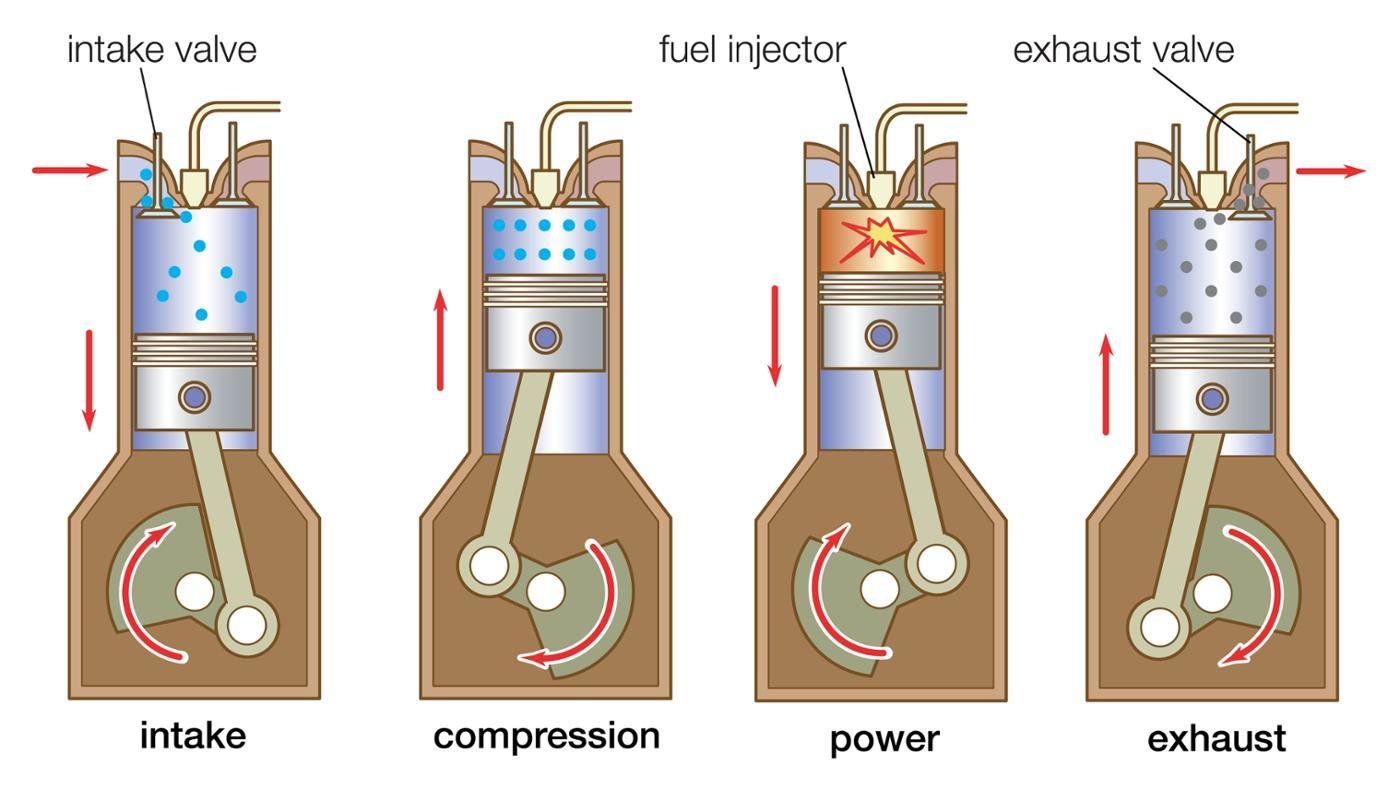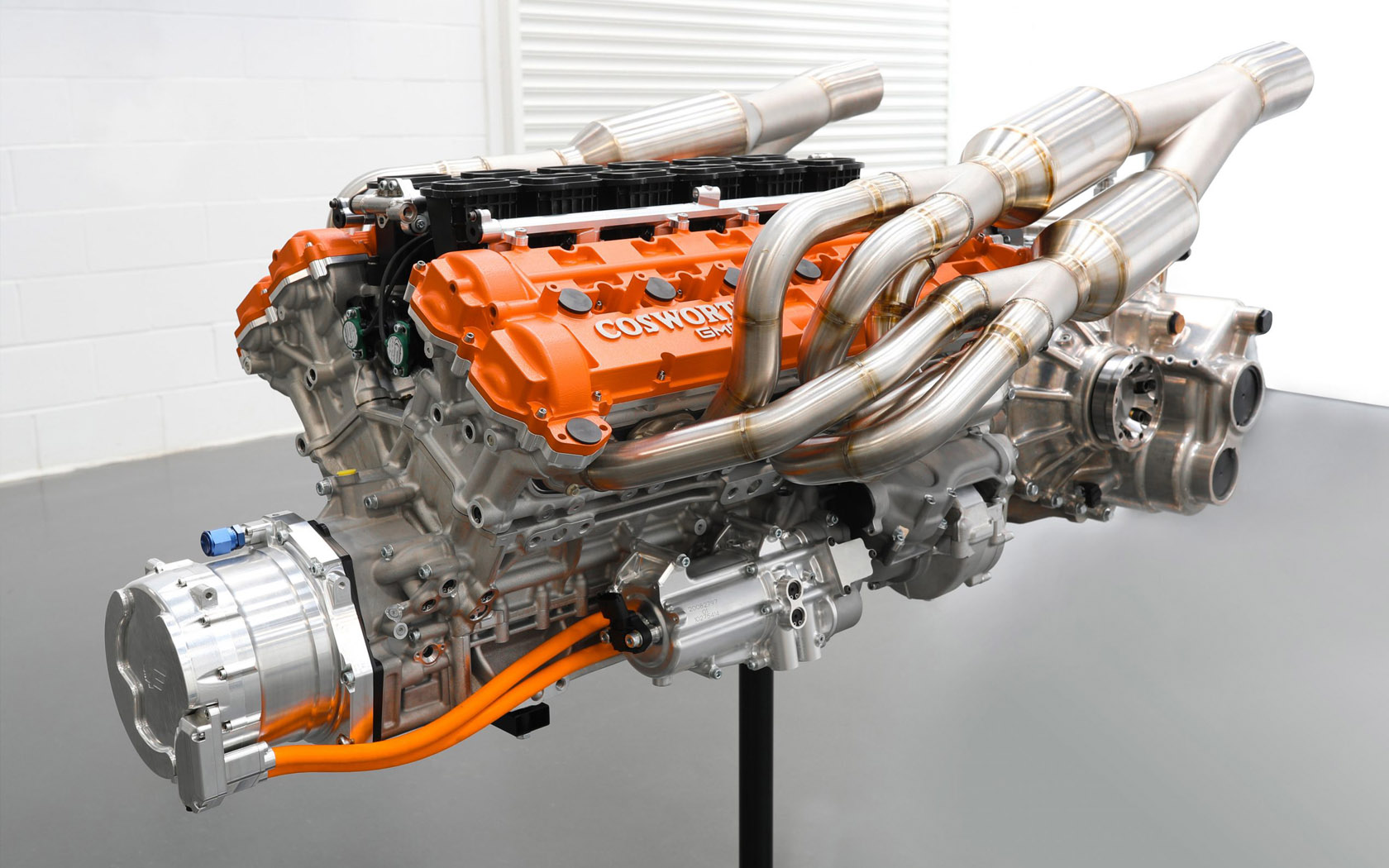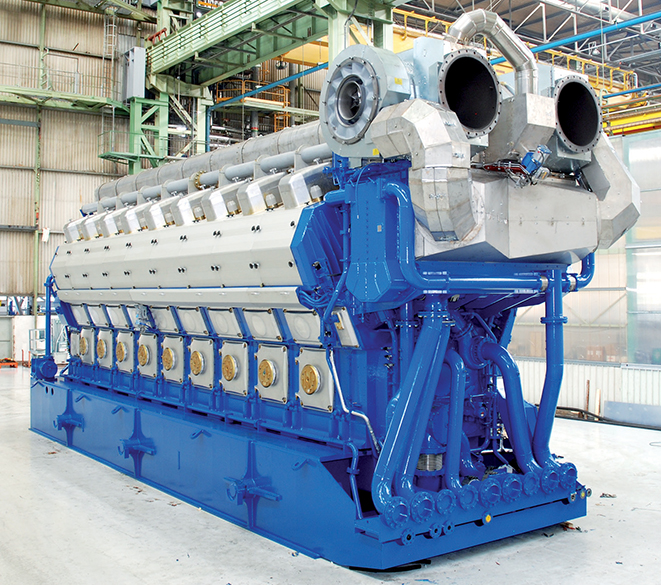Ensuring Long-Term Efficiency with Engines For Africa Products
Ensuring Long-Term Efficiency with Engines For Africa Products
Blog Article
Explore a Variety of Engines for Every Vehicle and Function
The auto landscape is increasingly intricate, with a diverse variety of engine kinds created to fulfill certain efficiency and efficiency demands throughout different vehicle categories. From the high-performance engines that power cars to the fuel-efficient options tailored for everyday travelling, the choices are large and varied. Furthermore, heavy-duty engines serve the demands of work cars, while environmentally friendly options are getting grip in the quest of sustainable transport. Recognizing these distinctions is vital for making educated decisions, particularly as emerging modern technologies remain to form the future of automotive engineering. What effects might these developments hold for producers and customers alike?
Sorts Of Automotive Engines
Automotive engines can be categorized right into several distinctive kinds, each created to meet specific performance and efficiency demands. One of the most common classifications include internal combustion engines, electric engines, and crossbreed systems.

Electric engines, on the various other hand, operate electrical power saved in batteries, supplying immediate torque and no discharges. These engines are coming to be increasingly prominent due to advancements in battery innovation and the expanding emphasis on sustainability.
Crossbreed systems incorporate both internal combustion and electrical engines, enabling vehicles to enhance gas efficiency and decrease discharges by effortlessly switching in between power resources. Each engine type presents its benefits and disadvantages, affecting factors such as car style, intended usage, and market need. Comprehending these differences is important for makers and consumers alike when picking the suitable engine for their certain needs.
Performance Engines for Sports Cars
Performance engines for sporting activities cars and trucks are especially crafted to deliver boosted power, speed, and agility, establishing them besides basic automobile engines. These engines usually utilize advanced technologies such as turbocharging, turbo charging, and variable shutoff timing to maximize effectiveness and responsiveness.
Generally, efficiency engines are developed with higher compression proportions, which enable higher energy removal from gas. This causes remarkable horsepower and torque numbers, enabling rapid acceleration and higher top rates. The light-weight materials used in these engines, such as light weight aluminum and carbon fiber, add to reduced general lorry weight, enhancing handling and maneuverability.
Engine setups like V6, V8, and even hybrid systems are usual in performance sporting activities autos, each offering one-of-a-kind benefits in terms of power distribution and driving dynamics. The tuning of these engines is likewise vital; lots of manufacturers enhance the engine management systems to offer a thrilling driving experience, commonly consisting of sport modes that adjust throttle response and equipment shifts.
Efficient Engines for Daily Commuters
In the world of day-to-day travelling, efficient engines play an important role in optimizing fuel economic situation and lessening exhausts while offering reputable performance. As urban populaces expand and environmental concerns heighten, the demand for vehicles geared up with efficient powertrains has actually next page risen.
Modern engines created for day-to-day travelers usually incorporate modern technologies such as turbocharging, straight fuel injection, and hybrid systems. Turbocharging boosts engine effectiveness by compeling even more air right into the combustion chamber, enabling smaller sized, lighter engines that do not compromise power output. Straight fuel injection enhances fuel atomization, leading to far better combustion and boosted performance.
Hybrid engines, incorporating internal burning with electrical power, additional increase fuel economic climate, specifically in stop-and-go web traffic, where typical engines can deal with ineffectiveness. Electric electric motors help throughout acceleration and can run individually at reduced rates, reducing overall fuel usage.
Furthermore, improvements in engine administration systems and lightweight products contribute considerably to effective engine design. By concentrating on performance, sturdiness, and environmental sustainability, makers continue to deliver engines that not only fulfill the needs of everyday travelling however also straighten with international initiatives to minimize carbon impacts.
Heavy-Duty Engines for Work Vehicles
Sturdy engines for job cars are consistently engineered to deliver remarkable torque and reliability under demanding problems. These engines are created to carry out in environments where conventional engines may fail, such as building sites, logging procedures, and agricultural setups. The main focus of heavy-duty engines is their ability to create high levels of power while keeping longevity over expanded periods of procedure.
Commonly, durable engines utilize advanced materials and durable construction methods to withstand the rigors of hefty work. Functions such as strengthened cyndrical tube blocks, enhanced air conditioning systems, and progressed fuel injection technologies add to their effectiveness. These engines usually operate at reduced RPMs, which assists to maximize fuel effectiveness while providing the needed power for towing and transporting.
In addition to mechanical effectiveness, sturdy engines are commonly geared up with innovative digital control units (ECUs) that handle efficiency, emissions, and diagnostics. This combination permits far better monitoring and upkeep, making certain that work automobiles continue to be functional and efficient.
Eventually, sturdy engines are a vital part link in the performance of numerous industries, giving the necessary power and integrity to tackle the hardest of tasks.
Eco-Friendly Engine Options
The growing emphasis on sustainability has brought about the advancement of green engine options that focus on lowered discharges and boosted gas performance. These engines are made to decrease the environmental effect of cars while still providing the performance and dependability anticipated by consumers.
Among the most notable environment-friendly alternatives are hybrid and electrical engines. Hybrid engines combine traditional internal combustion engines with electric propulsion, permitting for decreased fuel consumption and reduced greenhouse gas exhausts. Electric engines, on the other hand, run completely on battery power, producing zero tailpipe exhausts and adding to cleaner air top quality.
An additional appealing advancement is the development of biofuel engines, which make use of renewable energies, such as plant products, to power vehicles (Engines For Africa). By utilizing biofuels, these engines can minimize dependency on nonrenewable fuel sources and reduced total carbon impacts

As the automotive industry progresses, environmentally friendly engine alternatives will certainly continue reading this play a crucial duty in driving the transition towards even more lasting transportation solutions.
Final Thought
From high-performance engines that enhance sporting activities auto capabilities to effective designs prioritizing fuel economic situation for day-to-day commuters, each type serves a details feature. Heavy-duty engines cater to robust work automobiles, while eco-friendly options, such as electric and biofuel engines, promote sustainable transport.

Report this page